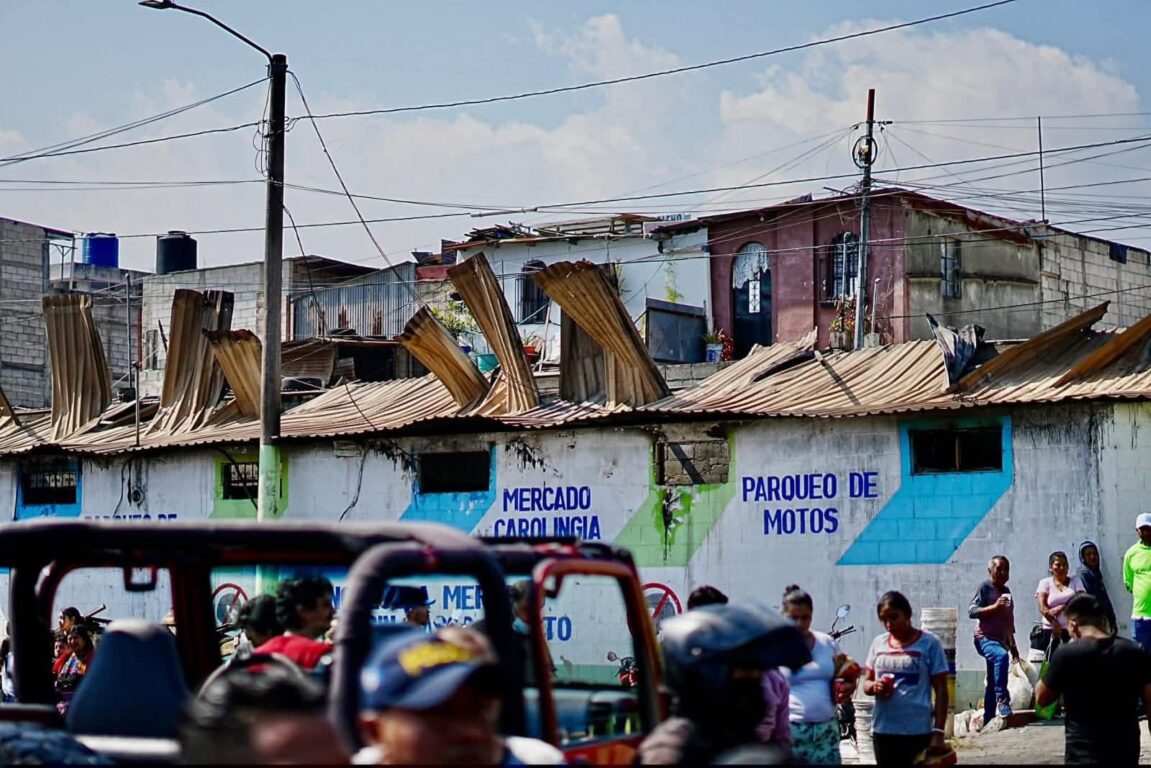By Luciana Itikawa

In less than a week, two episodes of street vending show the magical ability to conceal poverty when it stubbornly appears, however, tragically, with the death of three vendors: one in Sao Paulo and two in Rio de Janeiro this week September 2014.
Death, of course, is the end of the militarised management of an issue, among others, urban. Despite every effort by governments to enhance and complement their effective repressive to the various manifestations of poverty, these workers will continue to expose their sweats, while this is not a spectrum that appears only in the statistics.
Street vending is deeply linked to the free labor constitution in Brazil and systematic maintenance of workers outside formal labor market, despite one of the highest rates of formalisation of professional registrations in recent history.
Why, then, vendors "insist" to appear and challenge these armed police in big cities? Why are they still working despite the former São Paulo Mayor has banned all licenses in the city in 2012? Why are they allowed in some places and not in others?
Here are some reflections:
Firstly, why, then, they insist on challenging State working without a license? There are 138,000 hawkers in the city and 158,000 in the metropolitan region of São Paulo under DIEESE in 2010, despite the current derisory number of licenses in the city (1,940) representing only 1.4% of all workers in the city. The other approximately 136,000 workers, therefore, are forced to run in order to escape patrol daily. The last street vendor dead in Sao Paulo, Carlos Augusto Muniz de Souza, 30, was one of them. He had promised his wife the night before: "We will not run from the police anymore." There was no enough time, this death is part of maintaining concealment of poverty by the State armed interface. Police Patrol acts on the visible surface of the tip of an iceberg of those who are outside, simultaneously, the right to work, right to the city, right to social protection, etc. See violent repossession of a property held by military police a few days earlier in downtown São Paulo.
Second, why still remains the legal predicament on the regulation of their licenses? The previous mayor banned all licenses, and even those who still have 1,940 ones face the embarrassment of working for two years under an injunction of Justice whose rationale was grounded in the right to the city. A Civil Lawsuit brought by the Public Defender of the State of São Paulo and the Gaspar Garcia Centre for Human Rights has yet to be judged for the institutional deadlock between City Hall and Justice is resolved. Despite attempt by workers and civil society have instituted last year a bargaining dialogue with the City Hall biweekly for 6 months to resolve politically, nothing has progressed to solving the problem.
Third, why the gap between the number of licenses and the total number of vendors who work throughout the city? Who attends every day transfer stations around the conuntryside to board or to make a tranfer at 5-6am or 9-10pm has probably seen dozens of vendors serving the massive population that moves between home and work. That would not be new to anyone if we realize that almost another city (1.9 million) moves every day from one side to the other in the metropolitan area, according to the study Macrometropolis The Commuting in São Paulo. This study shows that despite the growth of the population of the metropolitan area has stopped, their commuting almost doubled (from 1.1 million in 2000 to 1.9 million in 2010). These spaces of transport connections became territories and commercial services to this vast itinerant population, despite laws and departments of transportation underestimate this fact.
For this reason, street vendors in 2013 were organized and managed to include for the first time in a Master Plan of the city of São Paulo, the need for this activity meet this huge flow of people throughout territory. This collective of workers, called Street Vendors’ Forum, was organized in 2012 to participate in the public hearings of the São Paulo Master Plan and submitted three proposals, although only one has been included: "creation of popular shopping centers in areas of high traffic such as terminals mass transit and subway and train stations "(p. 10- Centralities Polar and Linear).
Fourth, why are they allowed in some places and not in others? There is only one type of license in public spaces, the "permission license", which is directed to the artisans, newstands, street vendors, food trucks and even parklets. Because it occupies public places, permission has to be precarious and without security of tenure, ie, can be withdrawn unilaterally by the Government. However, why the blind eye in some places and intolerance in others? Street vending is one of poverty faces that have been exterminated in public and private spaces in areas where they threaten property and political interests. The excuse is almost always the execution of infrastructure, transport, etc., even when it is occupied by the same type of activity, however, more gentrified, for example food trucks, who managed 900 licenses in the municipality; or beverage companies during the World Cup, which obtained the right to occupy an entire downtown Sao Paulo in a huge square to market their products exclusively.
Street vendors are not an issue to be won only by the power of police repression. All poverty demonstrations will always challenge managements that believe that still govern poverty unless they haven’t smell, color and taste.


